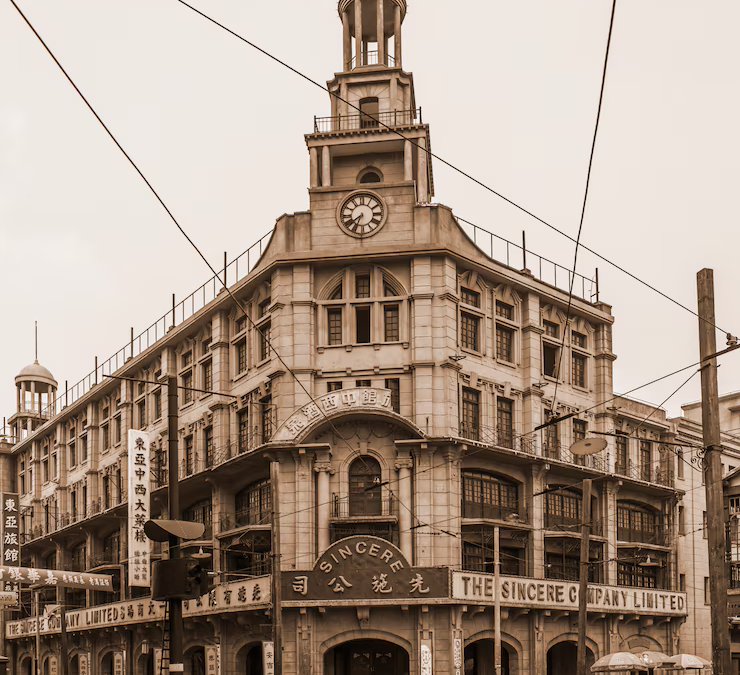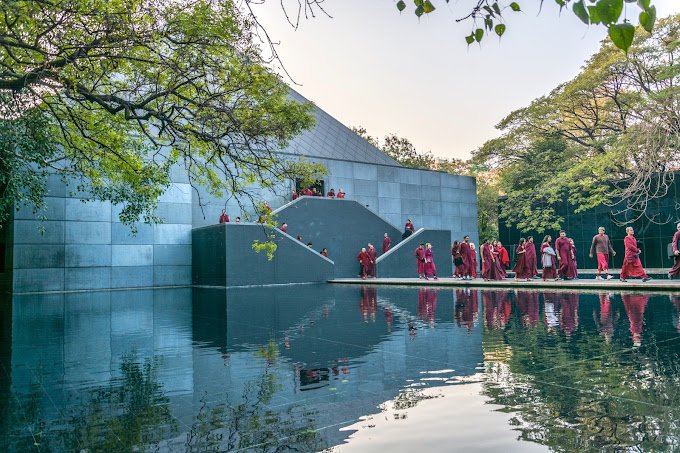
Pune is a significant IT and manufacturing hub, with numerous technology parks and industrial zones contributing to its economy.
August 6, 2024
Educational Hub
August 8, 2024Pune, often referred to as the “Oxford of the East,” is a city that boasts a rich tapestry of history, culture, and tradition. Nestled in the Sahyadri mountain range in the western Indian state of Maharashtra, Pune has played a pivotal role in shaping the socio-political landscape of India. From being the epicenter of the Maratha Empire to serving as a hub for education and social reform, Pune’s historical significance is profound and multi-faceted.
The Maratha Empire and the Legacy of Chhatrapati Shivaji Maharaj
Pune’s historical prominence began with the rise of the Maratha Empire in the 17th century. Chhatrapati Shivaji Maharaj, the founder of the Maratha Empire, established Pune as his base, recognizing its strategic importance. The city became the seat of power for the Marathas and a center for military and political activities. The iconic Shaniwar Wada, built in 1732, stands as a testament to the grandeur of the Maratha rule. This majestic fortification served as the residence of the Peshwas, the prime ministers of the Maratha Empire, and remains one of Pune’s most significant historical landmarks.
Pune’s Role in the Indian Independence Movement
Pune was not just a center of power during the Maratha rule but also played a crucial role in India’s struggle for independence. The city was home to several freedom fighters and social reformers, including Bal Gangadhar Tilak, one of the foremost leaders of the Indian independence movement. Tilak, often hailed as the “Father of Indian Unrest,” used Pune as his base to inspire and mobilize masses against British rule. His newspaper, Kesari, published from Pune, became a powerful tool for spreading nationalist ideas.
The Aga Khan Palace, another significant monument in Pune, is closely associated with India’s freedom struggle. Built in 1892, the palace served as a prison for Mahatma Gandhi, his wife Kasturba Gandhi, and other prominent leaders during the Quit India Movement of 1942. Today, the Aga Khan Palace is a memorial to Gandhi, housing his ashes and showcasing various artifacts related to his life and work.
Pune as a Hub of Education and Social Reform
Pune has long been known as a center for learning and intellectual development. The establishment of the University of Pune in 1949 solidified the city’s reputation as an educational hub. However, Pune’s connection to education dates back much further. In the 19th century, the city became a cradle for social reformers like Jyotirao Phule and Savitribai Phule, who pioneered efforts in women’s education and the upliftment of marginalized communities. The Mahatma Phule Wada, their residence, is now a museum that commemorates their contributions to society.
Architectural Marvels and Cultural Heritage
Pune’s rich history is also reflected in its architectural heritage. The city is dotted with temples, forts, and other historical structures that offer a glimpse into its glorious past. The Pataleshwar Cave Temple, dating back to the 8th century, is one of the oldest architectural wonders in Pune. This rock-cut temple dedicated to Lord Shiva is an example of ancient Indian craftsmanship and religious devotion.
Another significant monument is the Sinhagad Fort, located on the outskirts of Pune. The fort, which dates back to the 17th century, was the site of many important battles, including the famous Battle of Sinhagad in 1670, where the Maratha warrior Tanaji Malusare fought valiantly against the Mughals. The fort offers breathtaking views of the surrounding landscape and serves as a reminder of Pune’s strategic military importance.
Pune’s Festivals and Cultural Vibrancy
Pune’s historical significance is also celebrated through its vibrant festivals and cultural traditions. The city is known for its grand celebrations of Ganesh Chaturthi, a festival that gained immense popularity under the leadership of Bal Gangadhar Tilak. Pune’s Ganeshotsav is renowned for its elaborate decorations, processions, and community involvement, reflecting the city’s deep-rooted cultural ethos.
Conclusion
Pune is a city where history comes alive. Its streets, monuments, and traditions tell the story of a city that has been at the forefront of political, social, and cultural movements for centuries. Whether you’re exploring the ancient forts, visiting the historical palaces, or immersing yourself in the vibrant local culture, Pune offers a unique window into India’s rich historical legacy. For anyone interested in history, culture, and tradition, Pune is a city that promises to be an enriching and enlightening experience.






